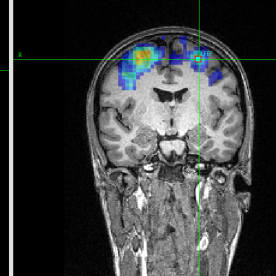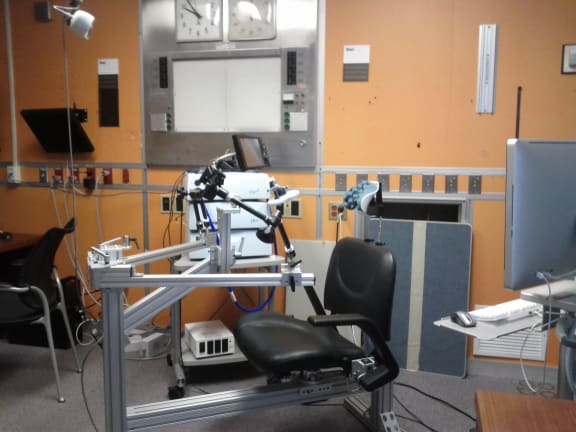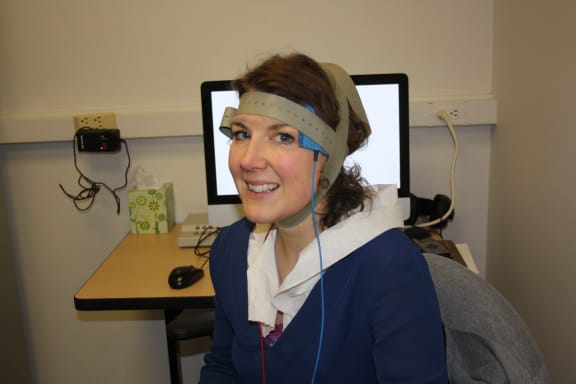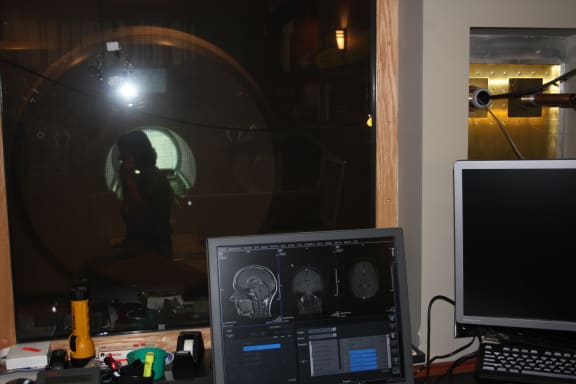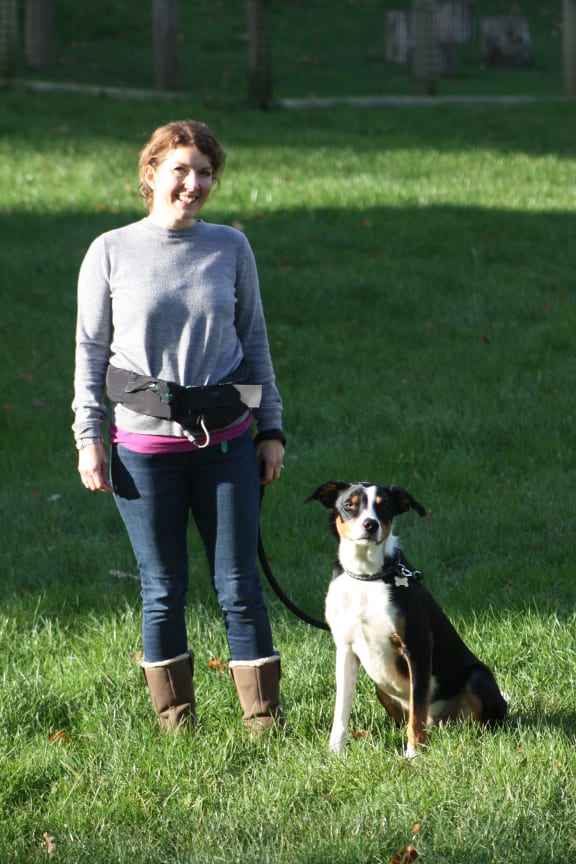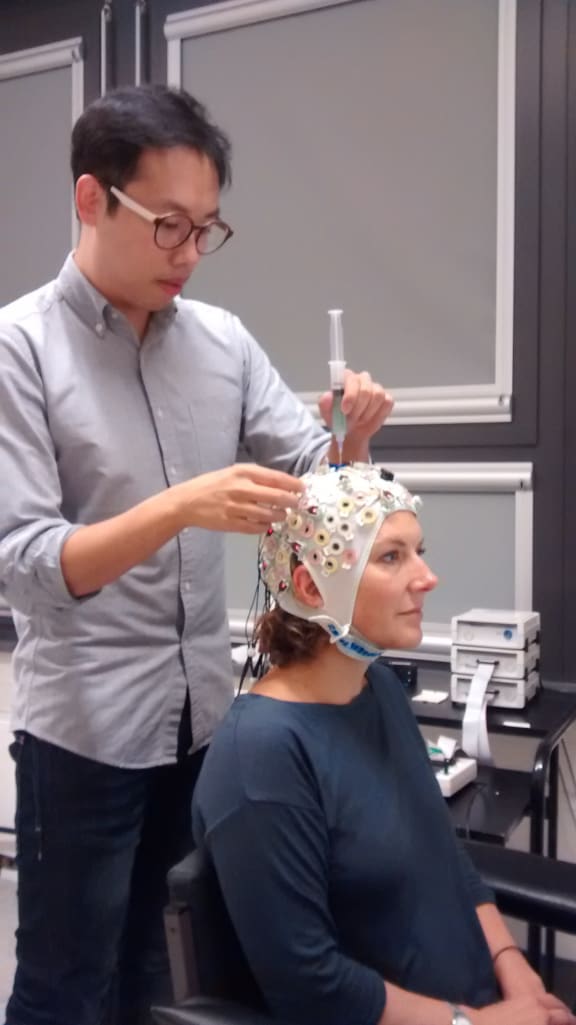Can you really rewire an adult brain? Science journalist Caroline Williams recently spent a year as a guinea pig to find out.
Williams says she wanted to find out which training, if any, could help make a difference to a “common” brain like hers.
She has chronicled her research in her book, Override: my quest to go beyond brain training and take control of my mind.
“I thought, this is the brain I’ve got, what would I want to change about it? There’s nothing hugely wrong with my brain, apart from a few things like I have a hugely anxious temperament, I’m not great concentrating for long periods, I’m very easily distracted, I’m rubbish at numbers, terrible at finding my way around…”
The first stop on Williams’ journey was Boston, to explore her attention span.
“If you have proper control over your attention, in theory, you can point your attention at lots of things to work on one by one… without that first step, none of the rest of it was going to work, so that’s where I started off.”
The week Williams spent there being “zapped in the head by a magnetic pulse” and pressing buttons put her in a state she describes as like swimming in a deserted swimming pool – simultaneously focused and relaxed.
This was an important realisation, she says.
“That was my first inkling that maybe this brain training malarkey has got it all wrong – maybe we’re not meant to be doing mental press-ups, we’re supposed to be learning how to drive our brains, if you like.”
Williams says she’d previously thought attention training would be something like a mental workout, but discovered her efforts were backfiring precisely because she was trying too hard – an “aha moment”.
“What I needed to do was to just dial down the attention a little bit so I wasn’t trying so hard and then let the mind wander a little bit.”
The mind-wandering state is sometimes more beneficial than the much-touted present focus of mindfulness.

Caroline Williams Photo: Supplied
“Mindfulness gets this big load of attention as this amazing state we should all be in all the time – actually, depending on what you’re trying to do you need to pick the right state for the job.”
Researchers have found this ‘mind-wandering’ state can be produced by any activity you are able to concentrate on while remaining relaxed – for different people it could be rock climbing or gardening.
Cutting out information via sensory deprivation is another way to get into the state, she says.
“If you close your eyes and put ear plugs in or whatever, your brain can’t help but wander. Brains don’t like not having anything to do so, they like to generate stuff. That will set your mind wandering.”
Williams says finding out she needed to work more on letting go was welcome news.
“We’ve got enough to fit in that we should be doing without adding a whole lot of brain exercises on top of that – who’s got the time, really?”
After the year-long investigation she feels “a bit more” in control of her mind, mostly through being more attuned to its different states, she says.
“When I’m sitting looking at the computer screen and I’ve got a complicated scientific paper to read, I know that sitting there staring at it is not going to help and I’m much better off taking a bit of a break, running around with the dog outside or something, and then coming back when I’m feeling a little bit more relaxed and ready to work.”
Another important lesson was how damaging anxiety can be for all brain functions.
“[Anxiety] was taking away processing power for things like maths, it was robbing my attention because it was scattering it all over the place, it was just basically interfering with everything that you might want to do with a brain you’re in control of.”



